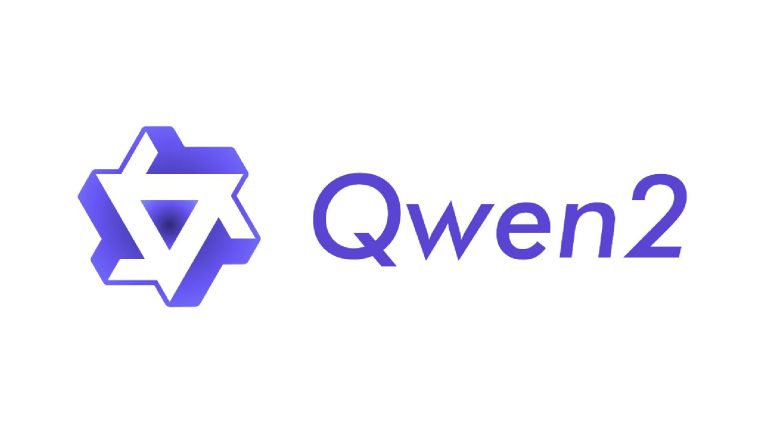- Alibaba Group Holding introduces Qwen2, the upgraded version of its open-source AI models, claiming superiority over Meta’s Llama 3.
- Qwen2 features multilingual pre-training and an expanded context window, enabling it to handle longer queries and responses, placing it among the world’s top open-source LLMs.
- Qwen2-72B consistently outperforms Meta’s Llama 3-70B across various benchmark tests, including mathematics, coding, and social sciences.
- Alibaba’s swift rollout of Qwen2 reflects its commitment to the AI race and confidence in competing with global tech giants.
- Chinese companies, including Tencent Holdings, are aggressively advancing their LLM development efforts, igniting a domestic price competition.
Main AI News:
Alibaba Group Holding, a powerhouse in e-commerce investing in generative artificial intelligence (AI), has rolled out an upgraded version of its open-source AI models, claiming superiority over Meta Platforms’ Llama 3 in specific tasks.
Revealed on Friday by Alibaba Cloud, Qwen2 marks the second iteration of the Tongyi Qianwen family of large language models (LLM), the backbone technology behind chatbots like OpenAI’s ChatGPT. This update boasts multilingual pre-training and an expanded context window, enabling it to handle substantially longer queries and responses, elevating it to the echelon of the world’s premier open-source LLMs.
Comprising five variations, the top-tier Qwen2-72B consistently demonstrated superior performance compared to Meta’s Llama 3-70B – Meta’s strongest open-source AI model – across various benchmark assessments, including mathematics, coding, natural and social sciences, engineering, and humanities, as highlighted in a post on the model’s official GitHub page.
For comprehensive insights into global trends and pivotal subjects, delve into SCMP Knowledge, our new platform offering curated content, including explainers, FAQs, analyses, and infographics, meticulously crafted by our esteemed team.
Alibaba, parent company of the South China Morning Post, unveiled Qwen2 just a month following the introduction of Tongyi Qianwen 2.5, which operates on a closed-source basis. At that time, the corporation asserted that its model surpassed GPT-4, OpenAI’s most advanced model, in various Chinese language capabilities, despite GPT-4’s closed-source nature.
Spanning from the agile Qwen2-0.5B to the sophisticated Qwen2-72B, Alibaba’s Qwen2 lineup encompasses models with parameters ranging from 490 million to 72.7 billion. Moreover, these models are proficient in 27 languages, including Chinese and English, along with nine European languages, four from the Middle East, and 14 from Asia.
The swift introduction of a new AI model, boasting capabilities rivalling top-tier global models, underscores the confidence of the Chinese conglomerate in allocating substantial resources to the ongoing AI competition that has gripped much of the technology sector.
Numerous Chinese enterprises, ranging from tech behemoths to burgeoning startups, have been vigorously advancing their LLM development endeavors, inciting a domestic price competition.
In late May, Tencent Holdings, a Shenzhen-based juggernaut in social media and video gaming, unveiled its dedicated chatbot named Yuanbao, powered by the company’s latest Hunyuan LLM. Tencent highlighted that its indigenous model has undergone significant enhancements since its launch in September last year.
Hunyuan has been seamlessly integrated into over 600 business scenarios across Tencent’s operations, underscoring the company’s ambition to leverage AI to bolster efficiency. Similarly, Alibaba is poised to harness AI’s transformative potential to revolutionize various industries.
Alibaba.com, the e-commerce titan’s platform for cross-border B2B sourcing, recently introduced AI-driven tools to facilitate seller-buyer connections and enhance sales, as outlined by Zhang Kuo, the platform’s president, in a recent interview with the Post.
Conclusion:
The introduction of Alibaba’s Qwen2 AI model, outperforming Meta’s Llama 3 in crucial tasks, underscores the company’s dedication to AI innovation. This development signals heightened competition in the AI sector, with Chinese firms like Alibaba and Tencent vying for dominance, potentially reshaping the global market landscape.

